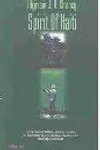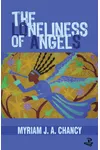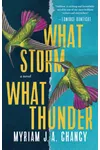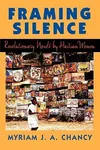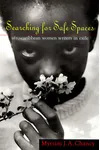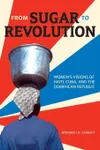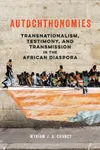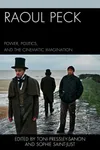Picture a Haitian-Canadian-American storyteller who weaves magical realism with the vibrant pulse of Caribbean life—meet Myriam J. A. Chancy! Born in Port-au-Prince, Haiti, this Guggenheim Fellow has captivated readers with novels like The Loneliness of Angels, blending rich cultural narratives with themes of identity and resilience. Her work doesn’t just tell stories; it bridges cultures and sparks empathy across borders.
As a novelist and academic, Chancy’s voice resonates in contemporary Caribbean literature, offering a lens into Haiti’s complex history and the strength of its people. Ready to dive into her world? Let’s explore the life and legacy of this literary trailblazer!
The Making of Myriam J. A. Chancy
Born in 1970 in Port-au-Prince, Myriam J. A. Chancy grew up amid Haiti’s vibrant culture before moving to Canada as a child, living in Quebec City and Winnipeg. Her multicultural upbringing shaped her perspective, fueling her passion for storytelling. She earned a BA in English and Philosophy from the University of Manitoba and a master’s in English literature from Dalhousie University, focusing on James Baldwin. By 24, she’d completed a Ph.D. at the University of Iowa, diving into Afro-Caribbean women writers in exile—a theme that would define her career.
Chancy’s early academic work laid the foundation for her novels. Her groundbreaking books, like Framing Silence, established her as a leading voice in Haitian women’s literature, earning her early tenure at just 27. This scholarly rigor blended with her creative spark, launching her into fiction with a unique, culturally rich voice.
Myriam J. A. Chancy’s Unforgettable Stories
Chancy’s novels are a tapestry of magical realism, social commentary, and Haitian spirituality. Her debut, Spirit of Haiti (2003), a finalist for the Commonwealth Prize, explores love and violence in military-ruled Haiti, its lush prose echoing Creole rhythms. The Scorpion’s Claw (2005) weaves a multi-generational tale of postcolonial Haiti, tackling race and class through a womanist lens.
Her standout, The Loneliness of Angels (2010), won the 2011 Guyana Prize for Literature Caribbean Award. This ambitious novel traces migration and spirituality across Haiti, Ireland, and Canada, reframing Caribbean identity with vivid characters. Her latest, What Storm, What Thunder (2021), a critically acclaimed novel about the 2010 Haiti earthquake, earned an American Book Award. Told through multiple perspectives, it captures the disaster’s human toll with empathy and depth, cementing Chancy’s reputation as a literary cartographer of Haitian experience.
Chancy’s style merges magical realism with gritty realism, often exploring displacement, gender, and cultural memory. Her academic work, like From Sugar to Revolution, complements her fiction, analyzing Caribbean women’s voices across Haiti, Cuba, and the Dominican Republic. Each story invites readers to see Haiti not as a headline, but as a place of profound humanity.
Why Myriam J. A. Chancy Matters
Myriam J. A. Chancy’s impact transcends the page. Her novels and scholarship amplify Haitian and Caribbean women’s voices, challenging stereotypes and fostering global understanding. As a Guggenheim Fellow and Hartley Burr Alexander Chair at Scripps College, she mentors the next generation, blending activism with art. Her work reshapes how we view diaspora, making the personal political and the local universal.
Chancy’s storytelling invites readers to confront history’s complexities while celebrating resilience. Her 2024 novel, Village Weavers, winner of the OCM Bocas Prize for Fiction, continues this legacy, exploring friendship and diaspora across decades. In a world craving connection, Chancy’s voice is a beacon of empathy and insight.
- Born: 1970, Port-au-Prince, Haiti
- Key Works: The Loneliness of Angels, What Storm, What Thunder, Spirit of Haiti, Village Weavers
- Awards: Guggenheim Fellow (2014), Guyana Prize (2011), American Book Award (2022)
Snag What Storm, What Thunder and dive into Myriam J. A. Chancy’s vibrant Caribbean world! Her stories will leave you inspired, curious, and ready for more.
